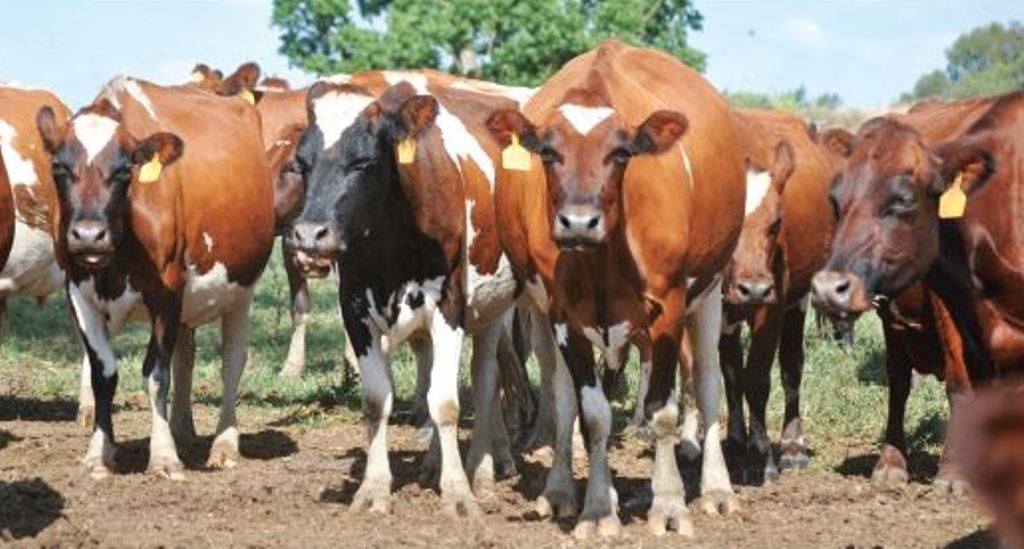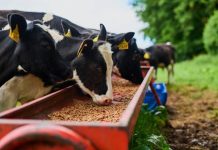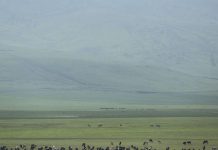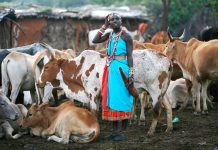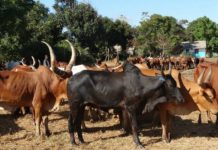AfricaPress-Tanzania: LIVESTOCK keepers in the country may now breathe a sigh of relief following an ambitious 3b/- Multiple Ovulation and Embryo Transfer (MOET) project after its clinical trial proved successful.
The key initiative, launched last year by the Tanzania Livestock Research Institute (TALIRI) Mpwapwa centre, Dodoma Region, targets to expand multiplication of quality livestock (dairy and beef) in the country.
The project, part of a series in the biotechnology laboratory at Mpwapwa centre which started with at least 100 embryo donor cattle and a total of 34 recipients, targeted 400 recipients at the initial stage to be derived from the Dodoma -based livestock institutes under the parent ministry.
MOET, a conventional embryo flush, is the first-class procedure used in advanced cattle breeding.
It involves a 5 -week super ovulation programme, resulting in several eggs being released from the donor cows, as opposed to one during natural heat.
TALIRI’s Director General, Dr Eligy Shirima, said success of the high-technological project will enable the country to stand at the helm of the continentÕs livestock status in the near future.
This move will automatically stimulate growth of dairy and meat processing industries through increased production of raw materials, including milk, meat and hides.
“The major targets, among others, are to increase income, nutrition and employment among livestock communities in Tanzania,” Dr Shirima observed.
Dr Shirima detailed that after success of the pilot project, the prospectus development was to disseminate the advanced scientific technology to livestock keepers from across the country at reasonable expenses.
“This initiative is vital, because the meat cattle to be produced (bulls and heifers) will have a market weight of 400kg, contrary to local Zebu that are usually 250kg market weight,” he noted.
In addition, he informed that throughout the programme, the produced crossbreed dairy cattle will have the capacity to produce more than 10 litres of milk in a day, compared to the current production of 1-3 litres of milk/day from the pure indigenous Zebu cattle.
According to him, the cattle’s hybrids to be involved in the programme include Friesian, Ayrshire and Jersey breeds for milk production, while Boran, Simental and Sahiwal breeds will be for meat production.
Dr Shirma added “the target is to produce at least 5,000 heifer cattle in a year through MOET and Natural Mating and Artificial Insemination techniques,” The highly equipped TALIRI’s Mpwapwa lab is linked to various potential partners, including Sokoine University of Agriculture (SUA), Tanzania Artificial Insemination Centre (NAIC) and Massey University in New Zealand through memorandum of understanding (MoU).
Apart from hailing initiatives by the fifth phase government for concerted efforts to spur the crucial sector, Dr Shirima appreciated financial patronage from the Tanzania Commission for Science and Technology (COSTECH) in supporting efforts to expand multiplication of quality livestock (dairy and beef cattle) in the country.


